 Women in science get less credit for their contributions than men
Women in science get less credit for their contributions than men
Female scientists are less likely than their male counterparts to receive credit for their work on science research projects, according to a new study that for first time used a large set of data from universities showing exactly who was involved with the projects and got paid. Read More
 Study shows breast cancer metastases form more efficiently during sleep
Study shows breast cancer metastases form more efficiently during sleep
A new study by researchers at ETH Zurich, the University Hospital Basel, and the University of Basel shows that breast cancer metastases form more efficiently while patients are sleeping. Read More
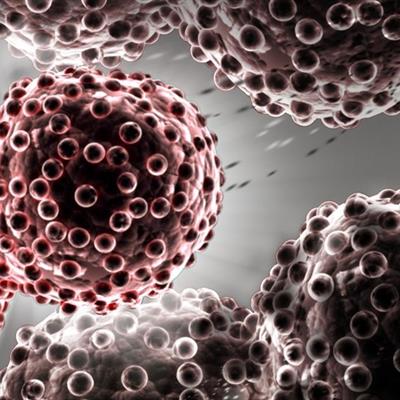 Tuft cell discovery could lead to new way to treat deadly form of small cell lung cancer
Tuft cell discovery could lead to new way to treat deadly form of small cell lung cancer
Cold Spring Harbor Laboratory researchers have discovered how tuft cells are generated in the body, offering hope that disrupting tuft cell development could lead to a new way to treat this deadly type of small cell lung cancer. Read More
 Molecular 'zipper' causes degeneration of the eye’s photoreceptors
Molecular 'zipper' causes degeneration of the eye’s photoreceptors
A research team from the University of Geneva, in collaboration with the University of Lausanne, has discovered that the absence of a molecular “zipper” formed by four proteins leads to cell death in retinal cells. The discovery of the essential role played by the zipper could lead to the development of therapeutic approaches for retinitis pigmentosa, a degenerative genetic eye disease. Read More
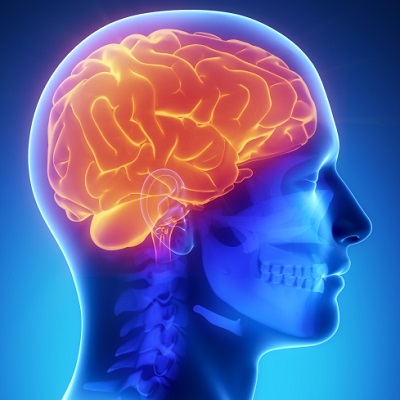 Scientists discover novel mechanism by which neurons, glia collaborate
Scientists discover novel mechanism by which neurons, glia collaborate
Champalimaud Foundation scientists have discovered a novel mechanism by which neurons and glia collaborate to drive neural regeneration following brain injury. Their findings may help develop drugs to promote the formation of new neurons following brain damage. Read More
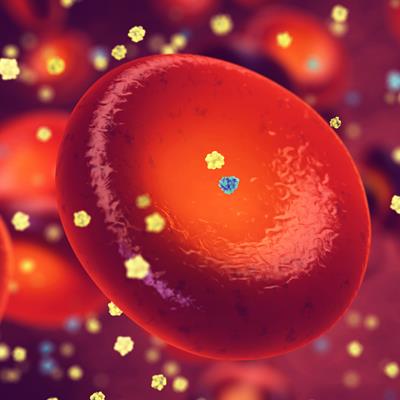 Researchers identify a key enzyme in synthesis of new class of lipids
Researchers identify a key enzyme in synthesis of new class of lipids
Endocrinologists at Beth Israel Deaconess Medical Center have identified a key enzyme in producing a new class of lipids with beneficial effects on insulin sensitivity and blood sugar control in humans and mice that could result in new treatments for type 1 and type 2 diabetes. Read More
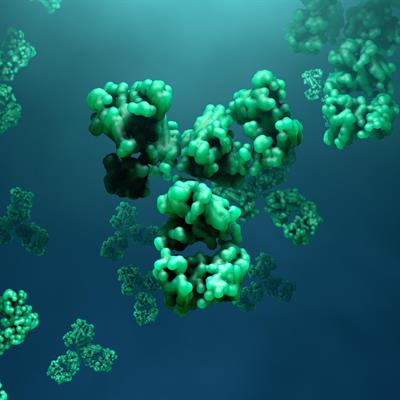 Scientists help steer toward more promising approaches for FOP
Scientists help steer toward more promising approaches for FOP
University of Connecticut and Alexion Pharmaceuticals researchers investigating a potential cure for fibrodysplasia ossificans progressiva (FOP) instead found a concerning surprise -- blocking the protein responsible for the disease with a monoclonal antibody made the abnormal bone growth worse in mice. Read More
 Researchers discover new effective drug combination for pediatric T-acute leukemia
Researchers discover new effective drug combination for pediatric T-acute leukemia
A joint study by Tampere University’s Faculty of Medicine and Health Technology and the Harvard Stem Cell Institute discovered a new combination of drugs that is effective against T-cell acute lymphoblastic leukemia, an aggressive malignant neoplasm of the bone marrow. Read More
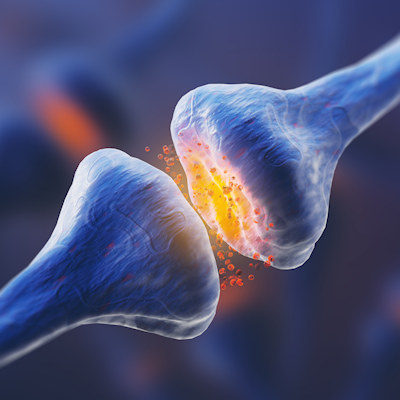 Genetic discovery supports theory that MNDs are caused by abnormal lipid processing
Genetic discovery supports theory that MNDs are caused by abnormal lipid processing
A genetic discovery by a University of Exeter research team supports the theory that degenerative motor neuron diseases (MNDs) are caused by abnormal lipid processing pathways inside braincells, which could help pave the way for new diagnostic approaches and treatments for this group of conditions. Read More
 ProteoNic licenses protein production tech to GenScript ProBio
ProteoNic licenses protein production tech to GenScript ProBio
ProteoNic is licensing its 2G UNic technology for boosting therapeutic protein production to GenScript ProBio, a global contract development and manufacturing organization. Read More
Member Rewards
Earn points for contributing to market research. Redeem your points for merchandise, travel, or even to help your favorite charity.
Research Topics
Interact with an engaged, global community of your peers who come together to discuss their work and opportunities.
Connect
Tweets by @ScienceBoard



